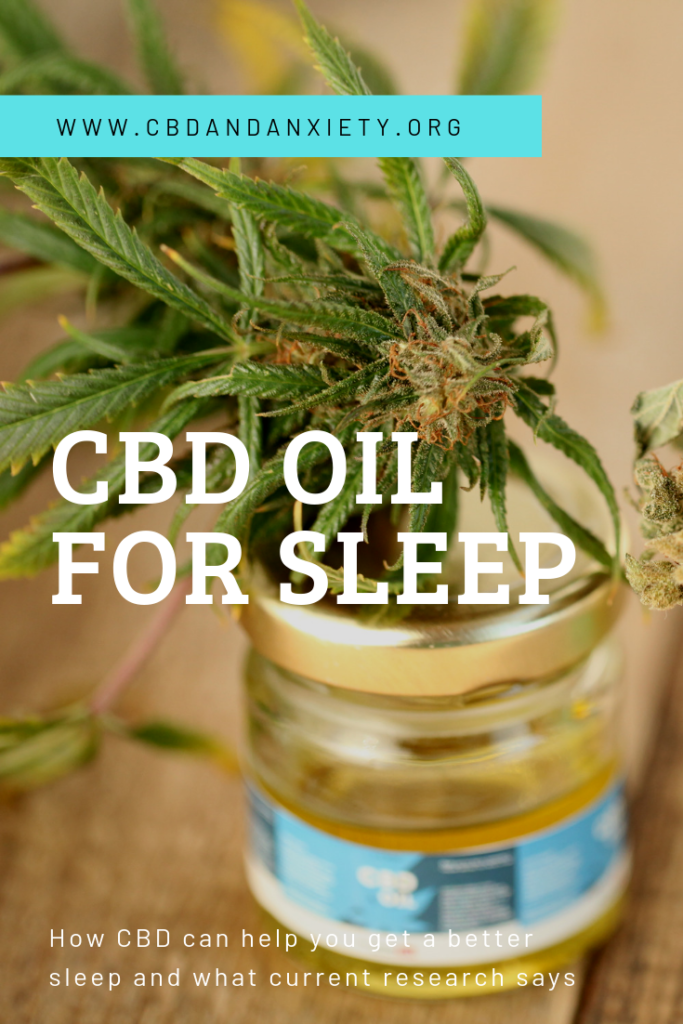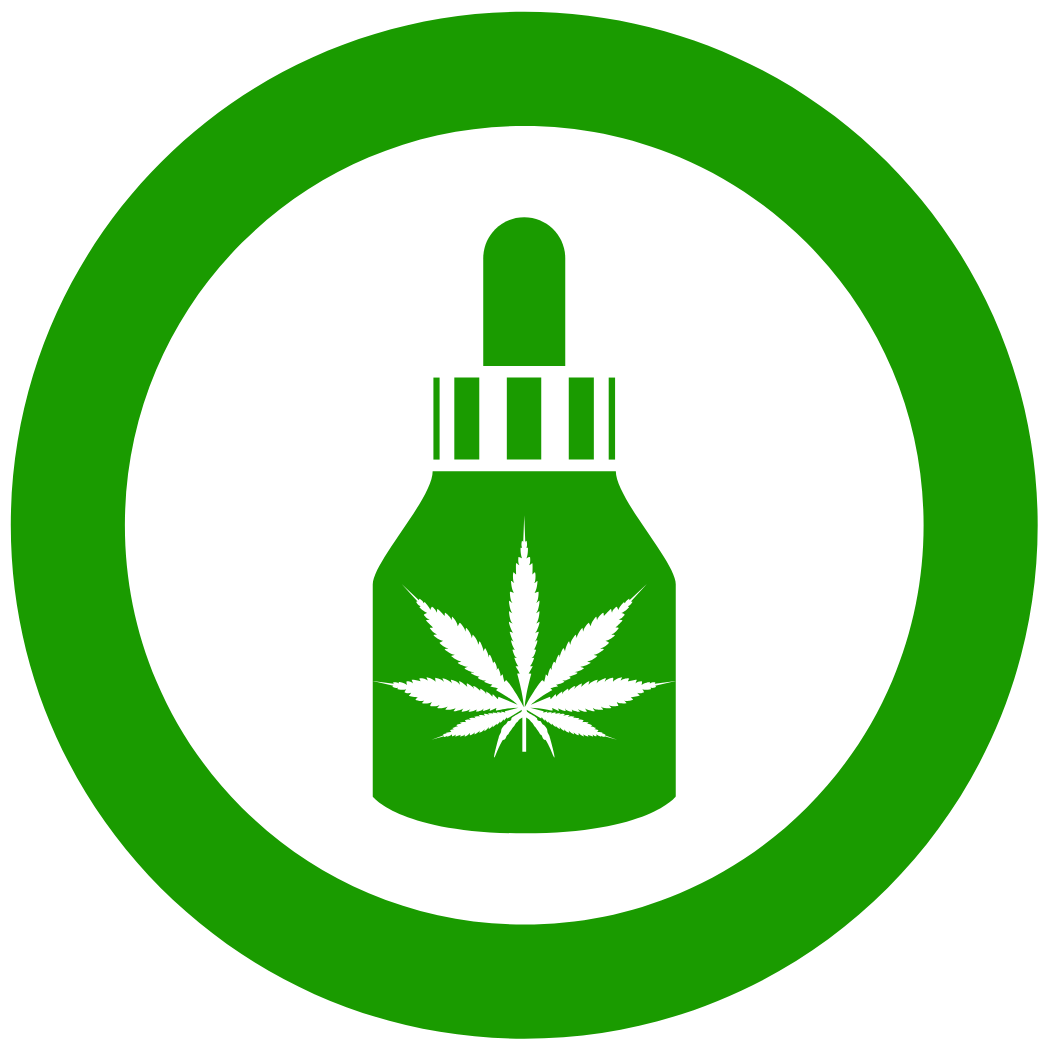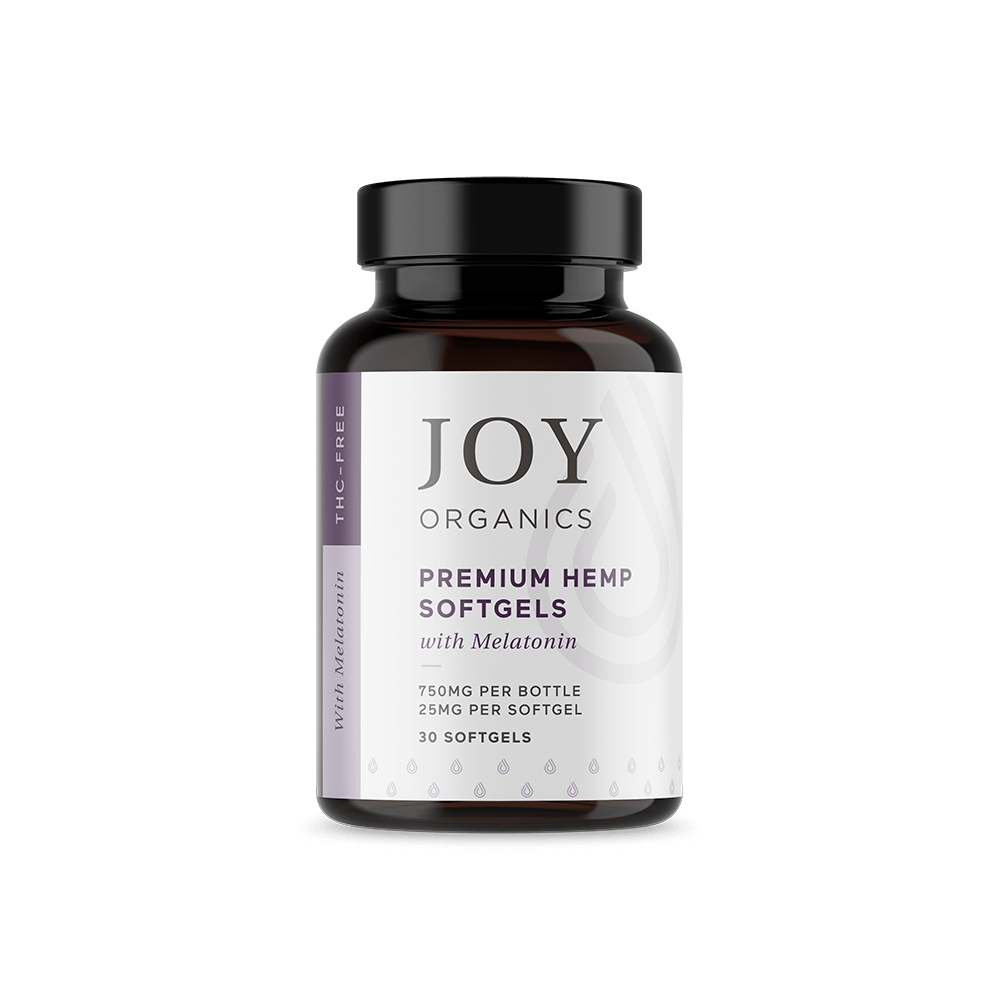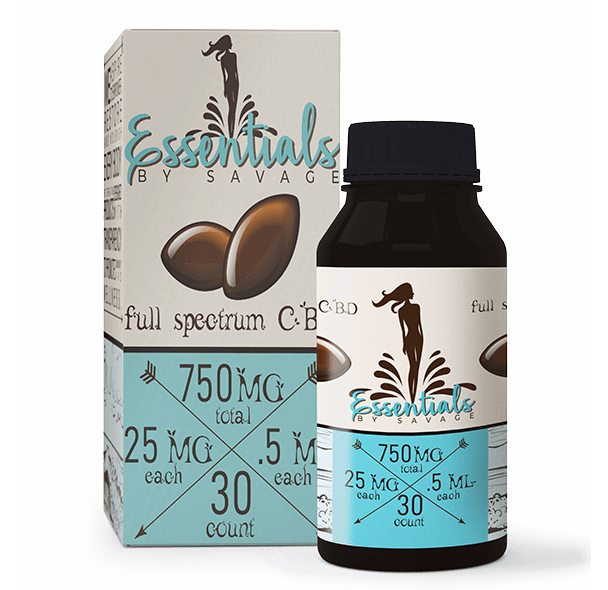
Why Choose CBD Oil?
CBD is short for cannabidiol. Your body actually produces its own cannabinoids as part of the endocannabinoid system. This system, only discovered in the 1990s, plays a role in the regulation of several bodily functions. These include mood, relaxation and sleep. You have endocannabinoid receptors all throughout your body! By binding to your body’s CB1 and CB2 receptors, CBD allows these receptors to function more effectively as part of this system. CBD is known to help with anxiety, and this increased relaxation also contributes to getting an easier, deeper sleep.
Can CBD Help You Get A Better Sleep?
Thanks to the way CBD interacts with the body’s endocannabinoid system, preliminary studies have been favourable towards CBD oil as a natural treatment for insomnia and sleep problems. Though there’s still more scientific research to be done, CBD has been found to promote restorative REM sleep, which in turn reduces daytime sleepiness and fatigue! All CBD research is in its infancy, but there is much anecdotal evidence from CBD users who attest to its effectiveness in aiding sleep. Read on below for some examples of research which supports this claim. As said, there isn’t much just yet, but what has been found is quite compelling! Studies are in descending order.
Current Research:
(2019) In a case study of 103 psychiatric clinic patients suffering from anxiety and poor sleep, CBD application was found to decrease anxiety scores and improve sleep scores in most patients.
Context: Cannabidiol (CBD) is one of many cannabinoid compounds found in cannabis. It does not appear to alter consciousness or trigger a “high.” A recent surge in scientific publications has found preclinical and clinical evidence documenting value for CBD in some neuropsychiatric disorders, including epilepsy, anxiety, and schizophrenia. Evidence points toward a calming effect for CBD in the central nervous system. Interest in CBD as a treatment of a wide range of disorders has exploded, yet few clinical studies of CBD exist in the psychiatric literature.
Objective: To determine whether CBD helps improve sleep and/or anxiety in a clinical population.
Design: A large retrospective case series at a psychiatric clinic involving clinical application of CBD for anxiety and sleep complaints as an adjunct to usual treatment. The retrospective chart review included monthly documentation of anxiety and sleep quality in 103 adult patients.
Main Outcome Measures: Sleep and anxiety scores, using validated instruments, at baseline and after CBD treatment.
Results: The final sample consisted of 72 adults presenting with primary concerns of anxiety (n = 47) or poor sleep (n = 25). Anxiety scores decreased within the first month in 57 patients (79.2%) and remained decreased during the study duration. Sleep scores improved within the first month in 48 patients (66.7%) but fluctuated over time. In this chart review, CBD was well tolerated in all but 3 patients.
Conclusion: Cannabidiol may hold benefit for anxiety-related disorders. Controlled clinical studies are needed.
(2017) A literature review of current research found CBD to be a promising treatment for sleep behavior disorders, though admits that research into the topic is in its infancy.
Purpose of Review: The current review aims to summarize the state of research on cannabis and sleep up to 2014 and to review in detail the literature on cannabis and specific sleep disorders from 2014 to the time of publication.
Recent Findings: Preliminary research into cannabis and insomnia suggests that cannabidiol (CBD) may have therapeutic potential for the treatment of insomnia. Delta-9 tetrahydrocannabinol (THC) may decrease sleep latency but could impair sleep quality long-term. Novel studies investigating cannabinoids and obstructive sleep apnea suggest that synthetic cannabinoids such as nabilone and dronabinol may have short-term benefit for sleep apnea due to their modulatory effects on serotonin-mediated apneas. CBD may hold promise for REM sleep behavior disorder and excessive daytime sleepiness, while nabilone may reduce nightmares associated with PTSD and may improve sleep among patients with chronic pain. Research on cannabis and sleep is in its infancy and has yielded mixed results. Additional controlled and longitudinal research is critical to advance our understanding of research and clinical implications.
(2014) In a small study of Parkinson’s disease patients, CBD treatment was found to have “prompt and substantial” effects in reducing the frequency of REM sleep behavior disorder events and associated side effects.
What Is Known and Objective: Cannabidiol (CBD) is the main non-psychotropic component of the Cannabis sativa plant. REM sleep behaviour disorder (RBD) is a parasomnia characterized by the loss of muscle atonia during REM sleep associated with nightmares and active behaviour during dreaming. We have described the effects of CBD in RBD symptoms in patients with Parkinson’s disease.
Cases Summary: Four patients treated with CBD had prompt and substantial reduction in the frequency of RBD-related events without side effects.
What Is New And Conclusion: This case series indicates that CBD is able to control the symptoms of RBD.
Recommended CBD Products For Sleep
Do you think CBD oil could help you get a better sleep? Chances are, it wouldn’t hurt to try. If you agree, check out or recommended CBD oils below. As our gift to you, use code ANXIETY15 for 15% off when ordering from either Savage CBD or Reef CBD.
Joy Organics CBD Melatonin Softgels
$99.95
BioMD+ CBD Tincture
$85.00 – $150.00
Savage CBD Softgels
$59.99 – $109.99




